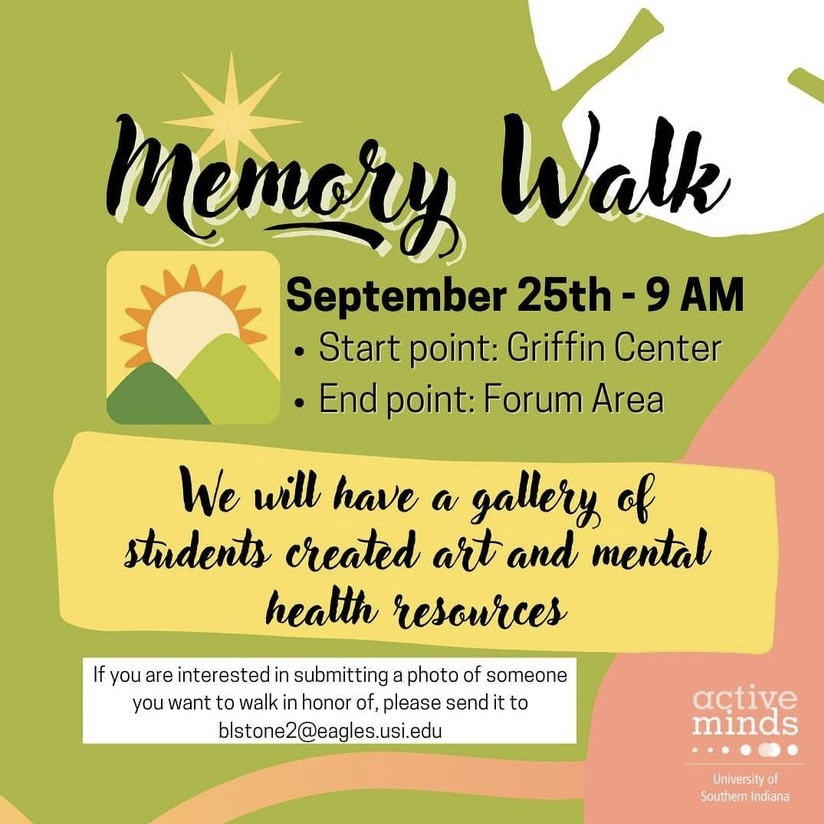Suicide Prevention Resources
September 17, 2021
Message from the Editor:
The Q & A below is intended to provide members of the campus community with the resources they need to help one another. Seven Indiana college students have died from various causes in Fall 2021. Two of those students came from USI. These two students died from suicide during National Suicide Prevention Week and Month. Suicide is the second leading cause of death in college students, according to the CDC.
It’s critical that we inform ourselves and engage in a conversation. People are already talking about this issue. Perhaps, you have even heard people talking across campus. We invite you to continue the conversation. Reach out to your family, friends, loved ones and people in your university community, and if you need help, reach out to the people around you or the resources below. Let’s listen to each other.
The Shield’s goal as the student publication is to provide relevant information to the campus community, but we are also here to help and nurture the community. The Shield worked with members of the university community to share the resources available to you. The Shield asked key voices on campus to help us in our efforts by answering the following questions. The published responses have not been edited by our staff.
We want you to know you are not alone.
Message from the President
Shield readers –
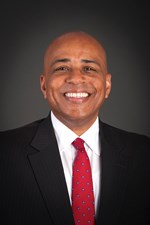
I appreciate the opportunity to share these words with you, but I am grieving the reasons behind why I have been asked to do so. Over the past week, our campus suffered the devastating loss of two students in our USI family. Having to mourn the loss of a community member is tragedy enough, but having to mourn two, and in such close succession, makes this one of the hardest weeks I’ve had as your president.
If you are reading this and find you are having difficulty navigating each day as it comes, please know that you are not alone. You may find strength in reaching out to a friend, a loved one, a therapist or a support organization. The people, organizations and information presented in this Shield story are available resources for us all. We need only ask.
The love, care and support we provide each other is what will carry us through this tragedy. I am deeply proud of the people of this great University and ask that you continue to uplift one another.
Sincerely,
Ronald S. Rochon, PhD
President
How can the campus community use the Counseling and Psychological center at this time?
Message from Robin Sanabria, director of Counseling and Psychological Services

The primary function of the Counseling and Psychological Services (CAPS for short, but formerly known as the Counseling Center) is to provide mental health services to USI students, consistent with USI’s Vision and Mission statements to transform lives and support our students in their higher education endeavors. We know that mental health plays an important role in students’ readiness, ability to learn and success in college. So providing services to meet the mental health needs of our students is our wheelhouse. While that most frequently occurs on an individual basis, our wingspan includes advocating for students, providing consultation with faculty and staff to address student needs, and promoting wellness in the greater USI community.
We encourage everyone to utilize the information available on our website. In addition to resources for general mental health, substance abuse, college transition, sexual assault prevention, cultural ethnic diversity, LBGTQ and Veteran support, students can request an appointment with CAPS directly online from the website. There is also a direct link to TalkCampus which is a 24-hour peer support social media platform where students can receive support from other college students across the country and around the world. If there are questions about CAPS and the services available, we encourage students, faculty and staff to call us at (812)464-1867, email us directly at usi.caps@usi.edu or contact us through the online chat included on our website.
How can students help students during this time?
Brianna Stone, president of Active Minds
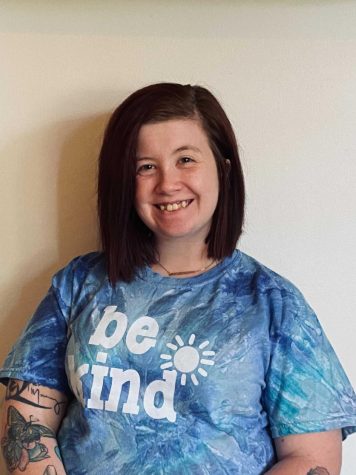
I think the hardest part about wanting to support your peers’ mental health is the deep-rooted belief that we know what it looks like to not be okay. In reality, not being okay can look like not having the energy to get out of bed every day or it can look like getting up and going to class or work faithfully each day and living life as “normal.” The hard truth that we must face before we can help is that we don’t always know what “not okay” looks like. The best advice I can offer is to listen, always listen. Check on your friends regularly, even the ones that you don’t think are struggling. And lastly, smile and be kind to everyone you meet around campus. One single positive conversation can move mountains for someone who feels alone.
Madison Gerbig, vice president of Active Minds
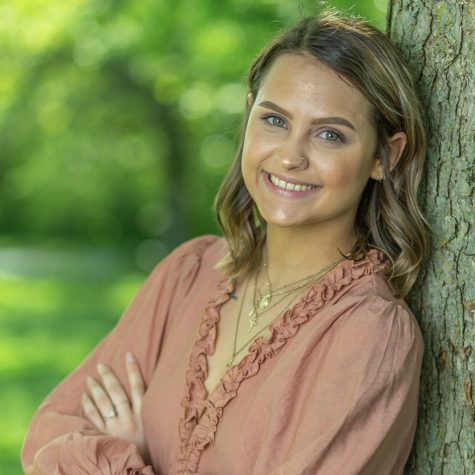
It can be difficult knowing what actions to take to support your struggling peers during times like these. First and foremost, it is important to recognize that a little validation goes a long way. Let your friends know that what they are feeling is okay and that you believe them. We all need a little reassurance that we are not alone. Second, make it clear that you are there to support them, especially since sharing these feelings can be tough. Take time to check up on them throughout the day, whether it be through text or over coffee. You could even share some self-care methods or coping techniques that have worked for you. Lastly, recognize when professional resources may be needed. For some students, counseling may be the best option for help. However, if a friend suggests hurting themselves, it is critical to notify the proper authorities.
How can campus ministries be helpful to students right now?
Message from Chris Hoehn, Director of Religious Life

Meeting with students and walking with them through grief, we can speak of God’s hope and future in their lives as a first step in helping them work through the pain. The ministry of being present gives space for the pain without promising anyone that everything will be okay. Campus ministers offer a listening ear. With a phrase like, “I am so sorry that you are going through this. I am here with you now; you are not alone.”
To be listened to without judgement and in a confidential manner we say: “I may not know exactly what you are feeling, but I care about you and I want to help.”
We can relay the peace and presence of God by being present with students, sitting with students during their pain, and creating safe places. We are here for each other. Don’t be afraid to ask the question, are you okay?
Be patient and sensitive with others as they are moving through this experience. It is most important to be available to listen and to be open to hearing their pain and allowing them to access and process their loss while engaging in self-care practices.
Campus ministers here to listen:
Christian Barrett 812/595-9134 Matt Castro 812/6186-287 Bev Freund 812/457-8109 Justin Gentry 270/875-1136 812/453-7500 Justin Samson 574/261-5877 Kellar Stem 252/412-3535
How can the Student Government Association help students during this time?
Anna Ardelean, president of Student Government Association
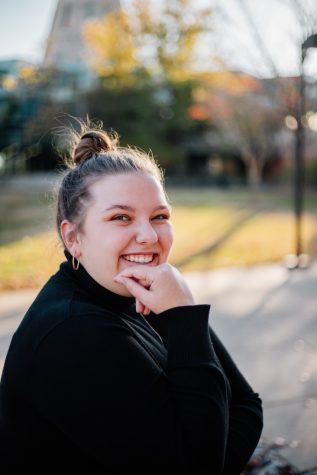
Student Government Association is the voice of the student body to the University administration. We are focused on building community and helping students make positive change on campus. We are determined to help make campus a safe space, and you can share your ideas for how we can do better by submitting an “Item for Consideration” form on our website: www.usi.edu/sga.
Apart from our formal role in the USI community, we are also a safe space for students who want someone to talk to and we are more than happy to connect you with other campus resources. Our office is located on the bottom floor of University Center East (at the bottom of the stairs by the Performance Center) and we always welcome students to come by and chat with us for any reason, serious or not. We are here to help.
How can students use a CARE report? How can the Dean of Students office help students at this time?
Message from Jennifer Hammat, dean of students
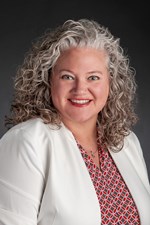
The Dean of Students Office wants you to be successful during your time at USI to reach your educational and personal goals. Through our Campus Action Response and Engagement (CARE) Team, the Dean of Students Office ensures students have the proactive assistance and support they need by assessing, evaluating, and responding to reports about students who present in crisis or show concerning behavior and may need support to manage their academic and social experience at the University. Anyone can fill out a CARE Team report by using the “Concerned About A Student” button on the website. Our office is located on the first floor of University Center East, room 1256. Our telephone number is 812-464-1862. If you are concerned about another student – this is the fastest way to get that information to us.
If you need financial assistance, we recommend the Financial Care Team Report. For those experiencing food insecurity, Archie’s Food Closet is available. If you have experienced sexual harassment or sexual misconduct, please contact the Title IX office.
Situations involving students demonstrating an imminent threat to harm of self or others should be referred immediately to the Office of Public Safety at 812-492-7777.
Upcoming Events:
Additional Resources:
Public Safety:
Emergency Number 812-492-7777
Non-Urgent Number 812-464-1845
Local Resources:
Vanderburgh County Southwestern Behavioral Care (24-hr crisis/suicide prevention) - 812-422-1100
National Suicide Hotline - 800-273-TALK (8255)
Employee Assistance Program:
“The University provides a confidential employee assistance program through Deaconess CONCERN which provides assessment, short-term counseling, referral and follow-up services for eligible employees and members of their household. Family, marital, financial, or work-related problems are dealt with in a completely confidential manner by one of the EAP counselors.
Employees and members of their household are eligible for up to eight free visits; additional visits are covered by most health plans. The cost of the EAP is paid by the University,” according to the university’s website.
Contact Deaconess CONCERN
Toll-free: 800-874-7104
Local: 812-471-4611



